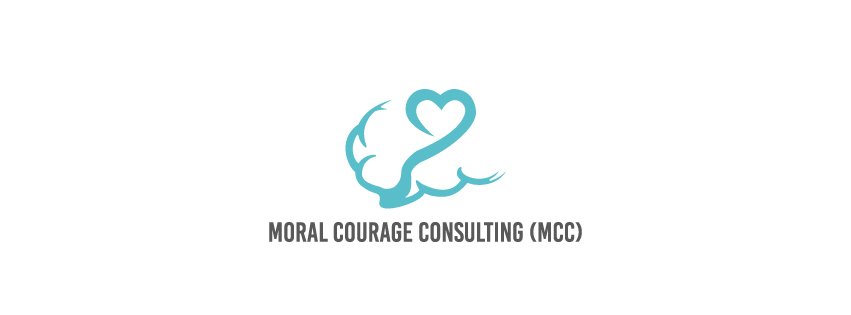Exploring Moral Processes
Medical professionals, humanitarians, disaster responders, mental health clinicians, and other professionals who work with people who experience man-made trauma or natural disasters often witness the worst of humanity. They witness suffering and trauma that challenges their fundamental beliefs about the world. In such cases, moral courage is paramount.
Collective trauma requires us to have conversations about our ethics, values, and morality. For those who witness and help alleviate the consequences of human suffering, it is a burden to bear. These professionals are often forced to confront more morally conflicting situations than those encountered in everyday life.
It's important to reflect on some questions to identify where one might feel stuck when experiencing moral dilemmas.
Have you experienced limitations discussing a moral dilemma from the perspective of your professional ethics?
Have you ever found yourself in a situation where you knew what the ethically right thing to do was, but you had difficulty explaining why it was the right thing?
Have you ever experienced difficulty understanding the moral processing of a team member from a different culture, even if you share the same professional ethical principles?
Moral courage is not only essential for making difficult decisions, but it is also necessary for personal growth and development. Healthcare professionals and disaster responders who develop moral courage are better equipped to provide high-quality care while navigating the complexities of their work.
By engaging in conversations about our ethics, values, and morality, and reflecting on our experiences and biases, we can develop the moral courage necessary to make difficult decisions and provide the best care possible to those who need it most.
Please reach out to us if you are interested in having these types of conversations and processing.
